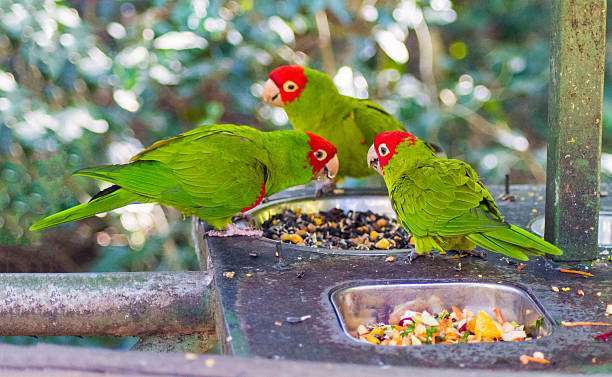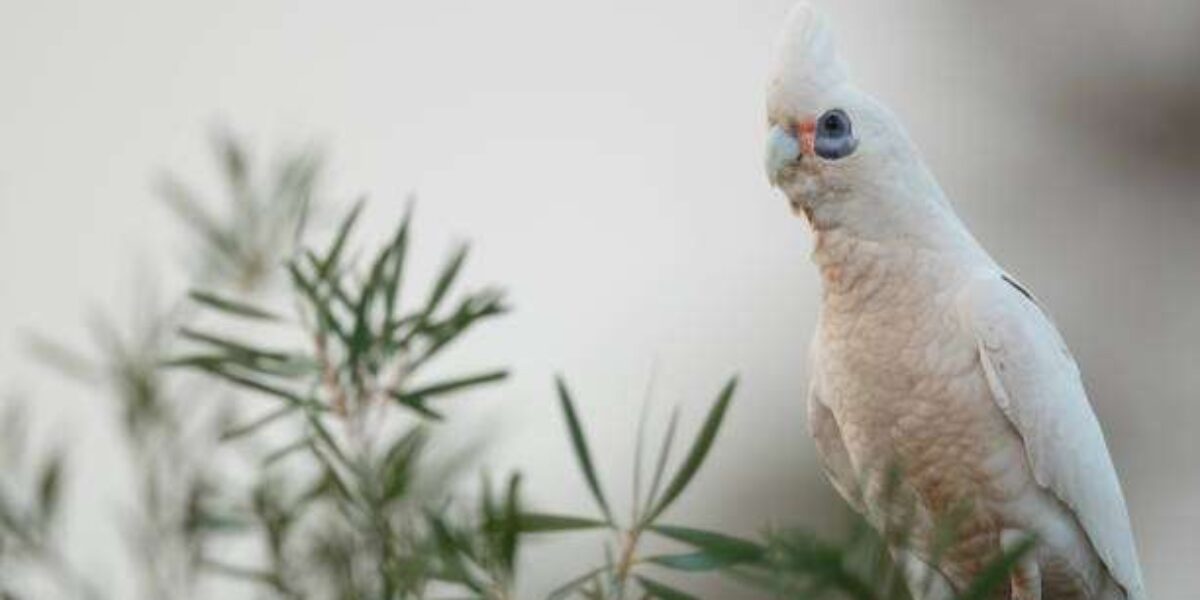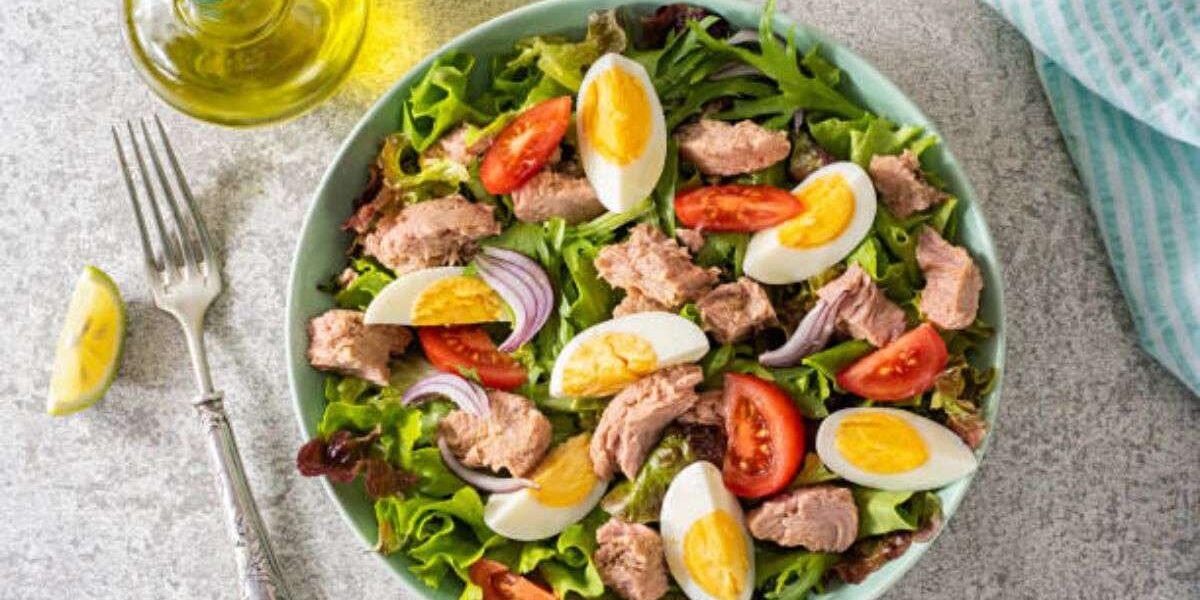Conures, with their vibrant plumage and playful personalities, make fantastic companions for bird enthusiasts. To ensure their well-being and longevity, proper feeding management is crucial. Like all other animals birds also need a proper balance of carbohydrates, proteins, fat, vitamins, minerals, and water. In this article, we’ll explore the essential aspects of conure nutrition, including dietary requirements, feeding schedules, and recommended foods.
What Constitutes a Balanced Diet for Conures?
Conures are omnivores, meaning they require a well-balanced diet that includes a mix of seeds, fruits, vegetables, and proteins. A common mistake among bird owners is relying solely on seed-based diets, which can lead to nutritional deficiencies. They are susceptible to nutrition-related issues such as egg-binding, vitamin A deficiency, and inadequate dietary calcium. For these birds to remain healthy, a consistent, varied, and well-balanced diet is necessary.
Are Pellets Essential for Conure Nutrition?
Pellets are the type of food that is provided to various types of animals including birds. High-quality pellets specifically formulated for conures are a foundation of their diet. Pellets offer a balanced mix of vitamins, minerals, and other essential nutrients. In the case of conures, pellets are considered an ideal food. Choose pellets that are free of artificial colors and preservatives. Several brands of pellets are available commercially in different shapes, sizes, and colors. Pellets should be introduced to newborns reared by hand. Adopting a pelleted feed for mature conures may present challenges. For various phases of life, there are many formulas available. Thus, a gradual transition from seeds to a pelleted diet should be implemented for birds that consume seeds. As much as 75–80% of the bird’s diet should ideally consist of pellets.
How Important Are Fresh Fruits in a Conure’s Diet?
Include a variety of fresh fruits in conure’s diet, such as apples, berries, oranges, and grapes. Fruits provide essential vitamins, minerals and antioxidants. Ensure they are washed thoroughly and cut into bite-sized pieces. The daily intake of fruits, vegetables, and greens should not exceed 20–25%.

Credit: Getty image
Why Include Vegetables in Your Conure’s Menu?
Dark, leafy greens like spinach, kale, and Swiss chard are excellent sources of vitamins A and K. Other vegetables like carrots, bell peppers, and broccoli add variety and essential nutrients to the diet of conures. So, vegetables should be provided separately or mixed along with fruits.
What Role Does Protein Play in Conure Nutrition?
Conures benefit from protein sources like cooked eggs, lean meats, and legumes. These foods contribute to overall health and provide energy also.
How Much Emphasis Should Be Placed on Seeds and Nuts?
While seeds and nuts are part of a conure’s diet, they should not be the primary source of nutrition. Offer them in moderation to prevent obesity and nutritional imbalances. Frequently, a conure will only consume one or two of its preferred varieties of nuts and seeds. Particularly fat and low in calcium, vitamin A, and other minerals, conures adore sunflower seeds and peanuts. Birds love seeds because they are tasty, but they are not a complete food because they don’t include enough protein, vitamins, or minerals. A healthy diet should never consist entirely of seeds—just give a very small portion of it.
What type of feeding schedule should be followed for conures?
Establish a feeding schedule that aligns with their natural behavior, which involves foraging for food throughout the day. Here’s a suggested feeding schedule:
| Morning | Provide a mix of fresh fruits and vegetables along with a small portion of pellets. |
| Afternoon | Offer a small amount of seeds or nuts for a midday snack. This is similar to their natural foraging behavior. |
| Evening | A final meal consisting of pellets, vegetables, and a protein source can be offered in the evening. |
| Fresh Water | Ensure access to fresh, clean water at all times. Hydration is crucial for the overall health of conures. |
Additional tips:
Conclusion:
Proper conure feeding management is fundamental for ensuring your feathered friend lives a happy and healthy life. By offering a diverse, nutritionally balanced diet and adhering to a consistent feeding schedule, you contribute to the overall well-being and vitality of your conure. Always stay attuned to your bird’s behavior and consult with a vet for personalized advice to meet your conure’s specific dietary needs.
Sources:




